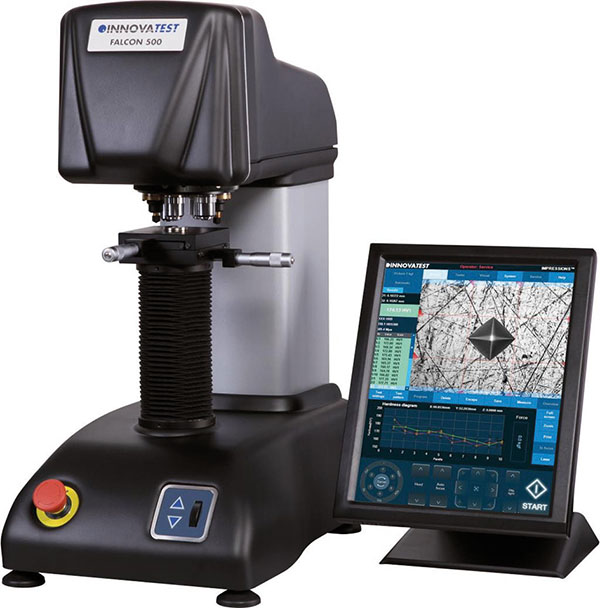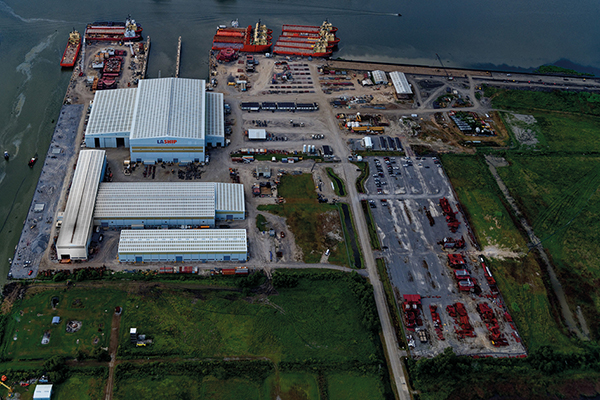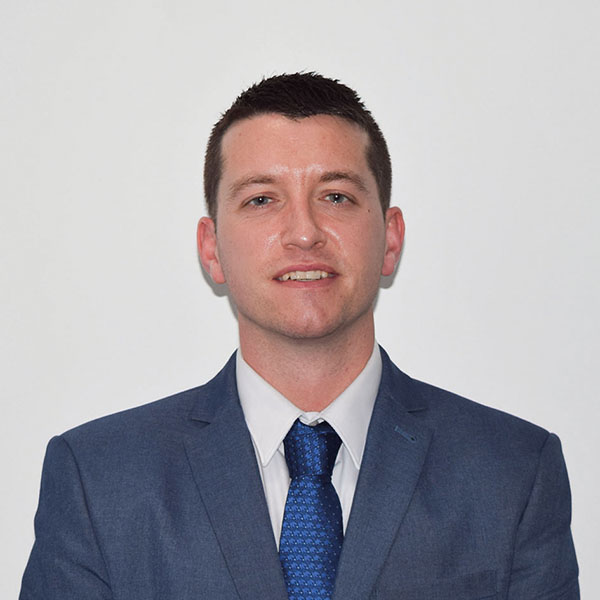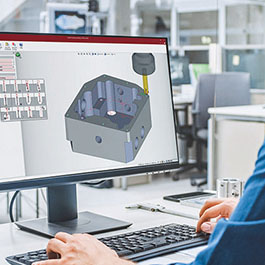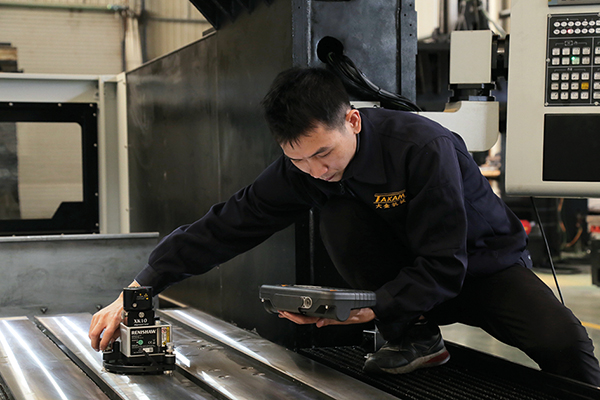
Looking to keep its service in-line with customer requirements, Solus Testing has introduced an Innovatest Falcon 507 micro/macro Vickers hardness tester from Bowers Group to its Worksop facility. Solus Testing is a mechanical and NDT laboratory that carries out weld procedure qualification records and welder qualification to ASME IX and BS EN standards.
For Solus, quality and accuracy are the most important aspect of its service. In this particular instance, the Falcon 507 performs weld testing, allowing confirmation of any property changes that may have occurred during the welding process. The testing of a weld’s heat-affected zones must be particularly precise, usually on a microscopic scale, to ensure absolute safety of the finished product.
The Falcon 500 series provides users with micro-Vickers, Vickers and micro-Brinell hardness testing functions, improving conventional methods by focusing on eliminating user influence on the test results. A proprietary force actuator system utilises an electronically controlled closed-loop system and force sensor technology to achieve its high accuracy.
With its automatic indent measurement, two indenter positions, four objective positions, 5 mP HD camera and anti-collision system, Solus operates the Falcon in a laboratory setting that allows the hardness testing process to be carried out in a space where external factors cannot affect the results. The machine is in constant use and, with its high workload, it is important that the testing instruments can cope with demand.
Rob Tinsley of Solus Testing says: “The quality of the results that the Falcon 507 achieves is paramount. We must always reassure our customers that if production welding is carried out the same way as the welding test, the product will meet all standards required.”
For further information
www.bowersgroup.co.uk






